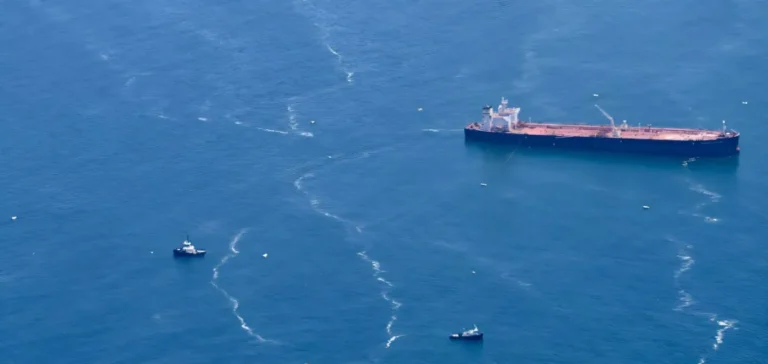Member states of the International Maritime Organization (IMO) voted on October 17 to postpone by one year negotiations on the Net-Zero Framework, a proposed regulation designed to price greenhouse gas (GHG) emissions from marine fuels. Out of 127 countries present, 57 supported the motion to adjourn, led by Saudi Arabia, while 49 opposed and 21 abstained. The adjournment required a simple majority of 54 votes.
The Net-Zero Framework, approved last April by 63 votes to 16, aimed to introduce a pricing mechanism on GHG emissions from bunker fuels starting in 2028. Its objective was to provide a clear market signal to encourage investment in low-carbon marine fuels. The newly approved delay casts doubt on both the implementation timeline and the integrity of the current text, which may need substantial revisions.
Deep divisions among member states
The adjournment motion was driven by a group of fossil fuel-producing countries, including Venezuela, Russia, and lead proponent Saudi Arabia. Additional support came from India, Panama, and other nations that had previously endorsed the framework in April. In contrast, several European countries, Pacific island nations, and Brazil voiced clear opposition to the delay.
A Brazilian delegate warned that the postponement could amount to a de facto rejection, citing the difficulty in preserving key elements of the current text. Japan, Cyprus, and Greece—previous supporters—abstained from the vote, suggesting waning backing for the framework.
Diplomatic pressure and geopolitical tensions
The United States applied considerable diplomatic pressure in the lead-up to the vote. On October 16, President Donald Trump called the framework a “global carbon tax” and declared it unacceptable for the U.S. maritime industry. A joint statement from three U.S. cabinet secretaries threatened retaliatory measures such as increased port fees, sanctions, and restrictions on port and terminal access if the framework were adopted.
Some U.S.-based industry groups, including the Renewable Fuels Association, had expressed support for the regulation due to its market potential for renewable fuels. Following the delay, these groups stated they would continue lobbying in favour of the measure.
Bunker markets face continued regulatory uncertainty
The delay adds further uncertainty to shipowners’ fuel investment decisions. In Singapore, average delivered prices last month stood at $483.73/metric ton for 0.5% sulphur fuel oil, compared with $579.17 for liquefied natural gas (LNG), $691.92 for B24 biobunker fuel, and $1,897.44 for 100% sustainable methanol.
Several maritime organisations reiterated the industry’s need for regulatory clarity. The Secretary General of the International Chamber of Shipping stated that “the industry needs certainty to unlock the required investments.”
Technical talks to continue
Despite the official adjournment, IMO member states will continue technical discussions on the Net-Zero Framework from October 20 to 24 during the Intersessional Working Group on Reduction of GHG from Ships. The IMO Secretary-General said he intends to maintain cooperation among states but acknowledged that “geopolitics currently make it difficult to resolve certain issues.”
The European Commission affirmed its commitment to participate constructively in upcoming talks, while some observers expressed growing doubt about the framework’s future viability.






















